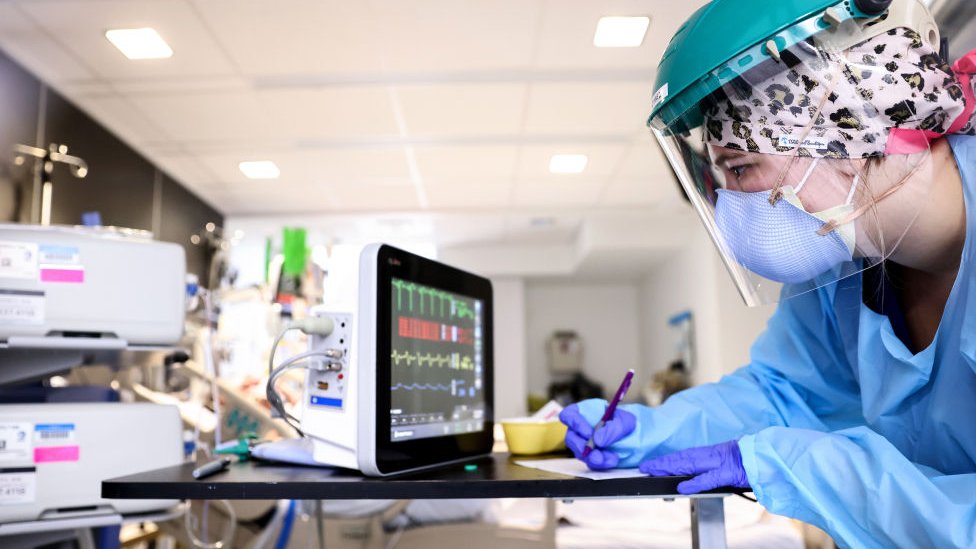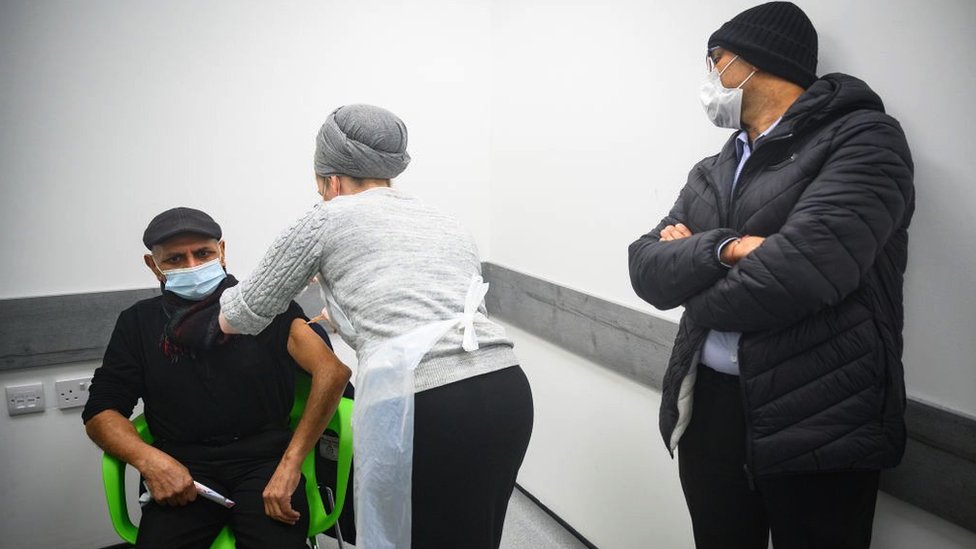Researchers at the University of Oxford in the UK have discovered a gene that doubles the risk of respiratory failure and death from Covid-19.
The findings showed that 60% of South Asians and 15% of people of European descent had the high-risk gene.
However, the researchers say that vaccines play an important role in reducing the risk significantly.
Study conducted by The Nature Genetics It also alludes to why some groups of people in the UK and South Asia are at higher risk of Covid-19.
Unfortunately, it is not explained in detail.
Also read:
In the study, researchers used a combination of artificial intelligence and new molecular technology to identify a gene called LZTFL1, which contributes to the increased risk.
Researchers also estimate that the risk gene is present in about 2% of African-Caribbeans and 1.8% of people of East Asian descent.
However, lead researcher Professor James Davies stressed that these findings do not necessarily impact the entire population equally.
There are a variety of factors, including age, that contribute to each individual’s risk.
Professor Davies added that socioeconomic factors also played a role in causing a number of community groups to be badly affected by the pandemic.
“Although we can’t change our genes, our results show that people who are at high risk of having these genes benefit from vaccination.”
‘Slipping the defense’
Researchers believe that this risky version of the gene makes a person’s lungs more susceptible to the coronavirus.
They hypothesized that the high-risk gene thwarts a key defense mechanism normally used by cells that protect the lungs from Covid-19.
When cells that protect the lungs meet with the coronavirus, one of their defensive strategies is to turn into cells that are less specific and inhospitable to the virus.
This despecialization process reduces the amount of a key protein called ACE-2 on the cell surface, which is key for the coronavirus to attach to cells.
 Getty Images
Getty Images But in people with the LZTTFL1 gene at risk, this process doesn’t work well, leaving lung cells vulnerable to viral attack.
Scientists think it’s important for the genes involved to affect the lungs, as long as they don’t impact the immune system.
This means people who are at high risk can still get protection from the vaccine.
The scientists also hope this discovery can help in the discovery of new drugs that focus on the lungs, given that so far most treatments have focused on the immune system.
–


